The Physiognomy by Jeffrey Ford
Physiognomist Cley has been sent by Master Drachton Below, the evil genius who constructed the Well-Built City, to the faraway mining district of Anamasobia to investigate the theft of a fruit that’s rumored to have grown in the Earthly Paradise and to have supernatural powers. Upon arriving, the skeptical and arrogant physiognomist finds a whole town of morons whose physical features clearly indicate that they are all backward and generally pathetic. Except for Arla, whose beautiful features suggest that she is intelligent and competent, and who seems to understand the science of physiognomy (even though that’s impossible because she’s a woman).
Read More

 (1955- )
(1955- )





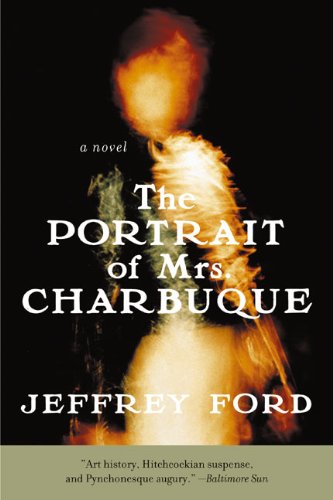









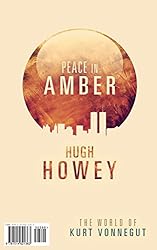



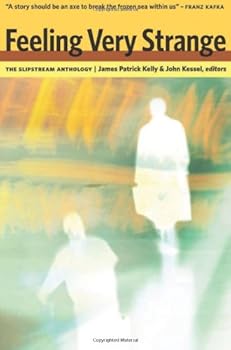
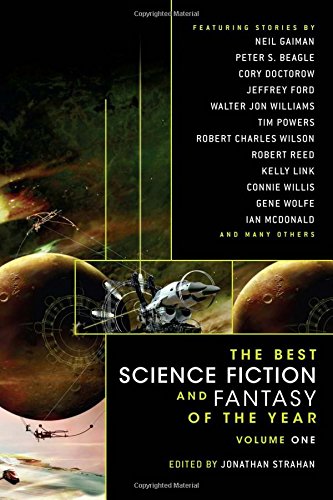




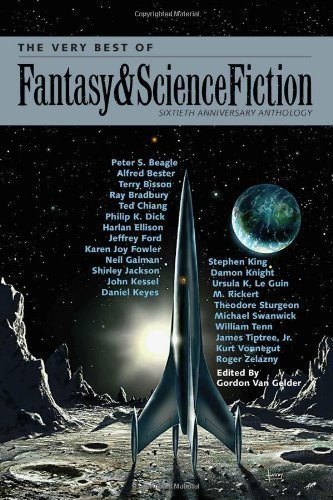
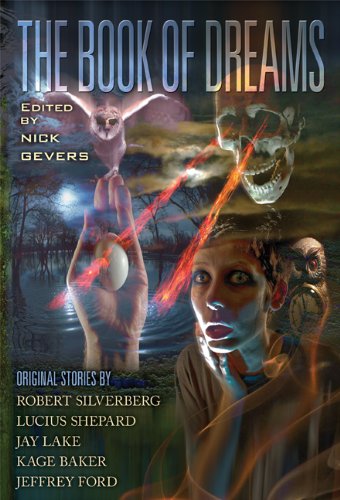







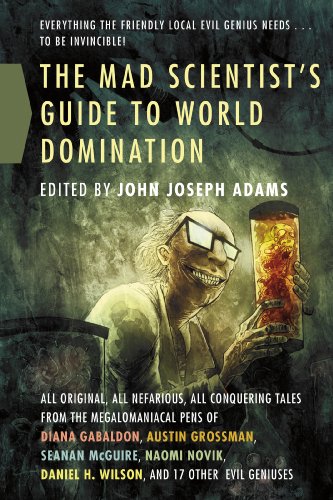


COMMENT Was I hinting that? I wasn't aware of it. But now that you mention it.... 🤔
So it sounds like you're hinting Fox may have had three or so different incomplete stories that he stitched together,…
It's hardly a private conversation, Becky. You're welcome to add your 2 cents anytime!
If the state of the arts puzzles you, and you wonder why so many novels are "retellings" and formulaic rework,…
I picked my copy up last week and I can't wait to finish my current book and get started! I…